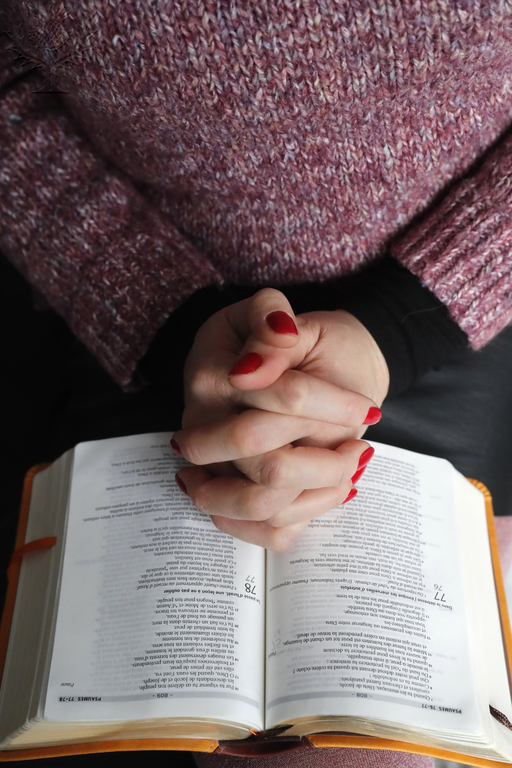As a pastor’s kid and Templeton student, it is hard for me to be vulnerable about my lack of Biblical literacy. Because of a fear that I might say something wrong or unhelpful, I tend to simply shut down and not speak at all. It’s intimidating to be in a room full of smart people with various levels of expertise (and perhaps a dose more confidence than necessary). So I have been a student at a Christian college for the past few years, often timid and wary.
The Fall 2023 semester began with me in a comfortable yet static place with my faith. I was not actively exploring profound questions or grappling with certain beliefs. Some of this stemmed from the nature of the environment I was in. There is sometimes pressure, in particular circles, more social than academic, to hold vast amounts of knowledge, to be completely firm in one’s opinions or beliefs, and to take defensive stances when the need arises.
All of that aside, my view of the Bible also contributed to this static state. I felt like the next step was to begin reading Scripture more seriously. But the Bible felt like an intimidating, complicated text I could not dig into. I put considerable pressure on Scripture to contain easy answers to my questions and problems, which, of course, it did not.
Enter: Wisdom and Poetry, taught by Dr. Pete Enns.
The class was small, only about six students. Because of our size, we were able to treat the class as more of a discussion forum, rather than a lecture hall. Over the course of the semester, we read four books of the Bible: Psalms, Proverbs, Ecclesiastes and Job. We did not cover the entirety of Psalms and Proverbs, instead focusing on particular often-quoted passages, looking at them with fresh eyes.
In addition to the Bible, we read through “Psalms for Normal People”, a helpful and simple guide to learning how to read the Psalms. With some historical and cultural context in mind, the text helped us students to approach the Scriptures with more familiarity and ease, allowing us to come up with deeper questions of our own.
We moved slowly through each book, along the way discussing verses that stood out to us, what our reactions to the text were, and asking questions of the text, each other and Dr. Enns. We were vulnerable with each other, admitting what we did not know, had doubts or confusion about and what we were afraid of as a result of those doubts. Throughout our discussion and Dr. Enns’ careful but pressing guidance, we had animated and productive conversations.
Though sometimes I left with more questions than before, I took this as a sign that I was no longer meek in the face of the Word. I felt more confident in my faith even as I questioned its foundation. Allowing myself to ask these difficult questions and parse them out was a huge step in my relationship with God. By the time the semester was well underway, I started feeling more comfortable speaking up in class, asking questions, and taking the time outside of class to ponder whatever our discussion brought up.
Thanks to this class–the safe environment we were able to cultivate, the guidance and knowledge of Dr. Enns and the commitment to respecting each other and learning about the Word in deeper ways–I now have more confidence when discussing the Bible. I do not feel the need to find precise answers in Scripture or believe that the Bible will open up to the perfect verse whenever I need it. I approach it now instead of a scary book full of things I do not understand, as an engaging, multifaceted, beneficial, beautiful mode of learning and engagement with God.

